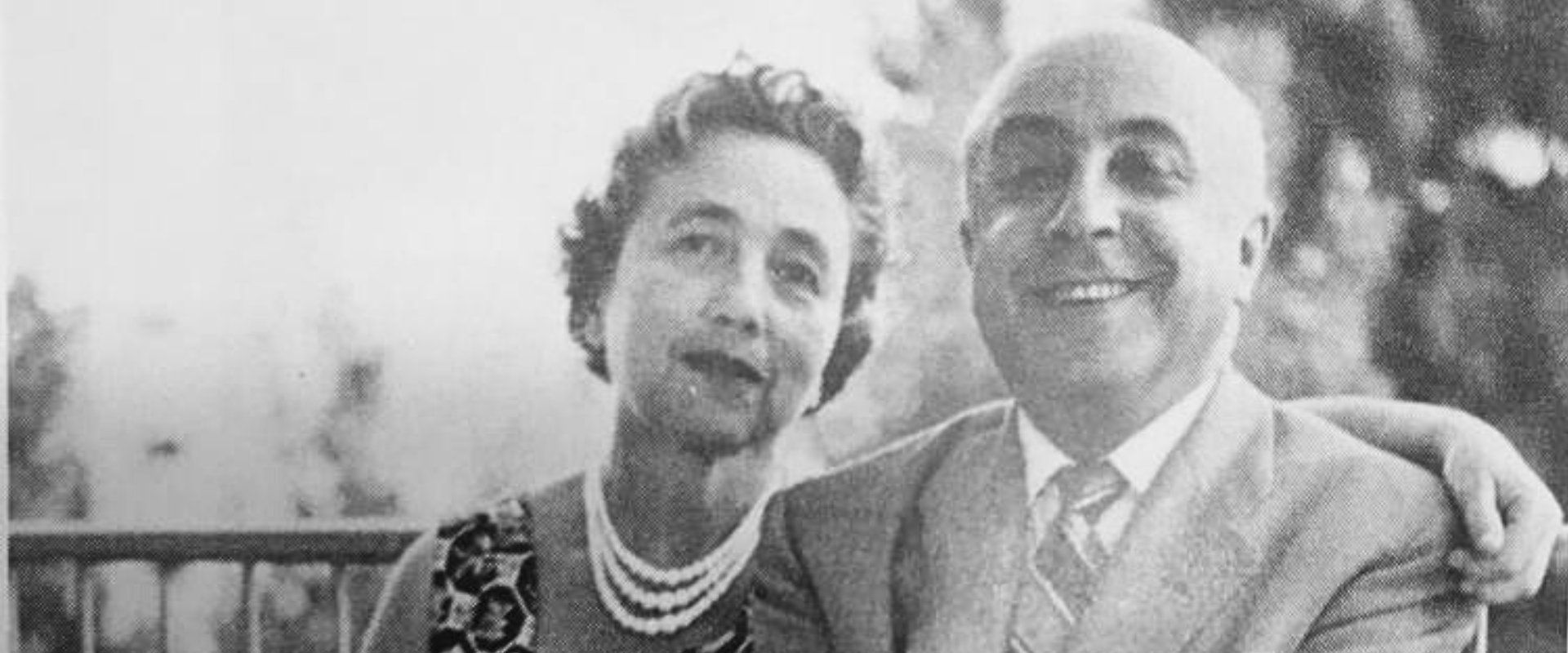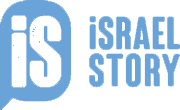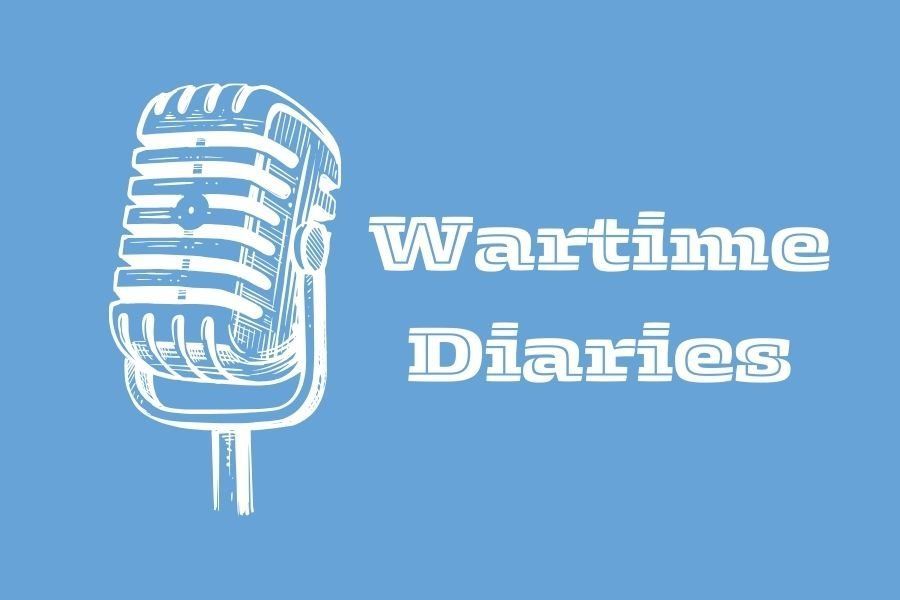Herzl Rosenblum
- 27:30
- 2023

Herzl Rosenblum was born in 1903, a year before the death of his namesake, Theodor Herzl, who – of course – was also a journalist. In so naming him, Rosenblum later remarked, his parents had left him little choice but to spend the rest of his life in service of the Zionist cause.
In his autobiography, he claimed that he had never met two people more different in both temperament and character than his own parents. His father, Avram Motl, was an eternal optimist and a fervent Zionist, whereas his mother, Rode Iteh, was an ardent Bundist with such a bleak outlook on life that he referred to her as “Schopenhauer in a dress.”
Though he was a public figure his entire life, Rosenblum’s career as an elected politician was brief. It began (and promptly ended) when he was in high-school, in Kaunas, where – as head of the student union – he organized a general strike. Given that three-fifths of the school’s student body was Jewish, he noted, the language of instruction ought to be the ancestral tongue of the Jews – Hebrew. He made it clear that till his demands were fully met, not a single Jewish student would enter the classroom. But things didn’t go as planned. Within a few days, almost all the other Jewish pupils had broken ranks, Rosenblum himself had been deposed as head of the student union, and – as if all that wasn’t enough – he was expelled. It was only thanks to a desperate plea from his highly-respected older brother that he was eventually allowed to return to school, matriculate, and go on to study at the University of Vienna.
In 1935, after stints in both Paris and London, and armed with a doctorate in law, he moved to Palestine with only one firm conviction in mind: not to work as a lawyer. Without any real knowledge of Hebrew and with no experience whatsoever as a journalist, he met with Yosef Haftman, the editor of the HaBoker daily, and asked him to accept dispatches from the upcoming Zionist Congress in Lucerne, to which Rosenblum had been invited as a participant.
Haftman agreed, and the deal was that Rosenblum would be paid if, and only if, HaBoker actually ran the articles. Realizing that this was his one shot, Rosenblum went all in: He took notes, drafted, crafted and had the pieces translated into Hebrew on his own dime. To his delight, the effort paid off and Haftman, the editor, bought all ten of his dispatches. That ultimately launched Rosenblum’s career, which would include a 38-year stint as editor-in-chief of Yedioth Ahronoth, one of the country’s most popular newspapers.
Ideologically, Rosenblum was a disciple of Ze’ev Jabotinsky – the Odessa-born journalist and orator whose writings laid the cornerstone on which the Israeli right was founded. In a 1986 interview, he called Jabotinsky the greatest journalist the world has ever known, and said that, “my entire career as a publicist I have lived under the spell of his enchanting power.”
As one of only three Revisionists to sign the Declaration of Independence, Rosenblum was a staunch right-winger. In his editorials he opposed the 1952 reparations agreement with Germany and – later on – avidly supported Jewish settlement in the West Bank, Gaza Strip, and Sinai Peninsula. He often argued that peace would only come once the Arab citizens of Israel “accept that they will, with full equal rights, forever be a minority in the State of Israel.”
He retired from Yedioth Ahronoth in 1986, and two years later lit one of the torches in the central ceremony celebrating Israel’s 40th birthday. He died in Tel Aviv in 1991, at the age of 87.
Herzl Rosenblum
The thirty-seven people who signed Megillat Ha’Atzmaut on May 14, 1948, represented many factions of the Jewish population: there were revisionists and Labor Party apparatchiks; capitalists and communists and socialists; kibbutznikim, moshavnikim and city-folk; charedi rabbis and atheists.
Over the course of the past several months, our team has diligently tracked down the closest living relative of each one of these signatories, and interviewed them. We talked about their ancestors and families, about the promise of the Declaration, the places in which we delivered on that promise, the places in which we exceeded our wildest dreams, and also about the places where we fell short.
And it is through these descendants of the men and women who – with the strike of a pen – gave birth to this country of ours, that we wish to learn something about ourselves.
Today we’ll meet Herzl Rosenblum, and his grandson, Doron Rosenblum. He’ll present one of the many political perspectives we’ll be featuring throughout the series.
Further Reading
For a well-written, often hilarious, and non-chronological look at the chapters of Rosenblum’s life, see his exuberant autobiography, Drops from the Sea (Hebrew).
In 1961 Eliezer Whartman of the Israel State Archives conducted a series of interviews with 31 of the 37 signatories of the Declaration of Independence. For the full interview with Herzl Rosenblum, see here.
For a close look at his professional life, see this pair of articles from Maariv (Hebrew).
For an entry on his personal history, see the Encyclopedia of the Founders and Builders of Israel (Hebrew).
For a glimpse of Rosenblum’s fiery rhetoric (in this case on the matter of the reparations agreement with Germany), see this Ynet article.
For an in-depth (nearly two-hour-long) reflection on the various stations of his life, see this conversation between Rosenblum and Zev Golan.
For an insider’s account of Yedioth Ahronoth Managing Editor Dov Yudkovsky’s role under Rosenblum, see this account by Zev Galili.
Credits
Mitch Ginsburg and Lev Cohen are the senior producers of Signed, Sealed, Delivered? This episode was mixed by Sela Waisblum. Zev Levi scored and sound designed it with music from Blue Dot Sessions. Our music consultants are Tomer Kariv and Yoni Turner, and our dubber is Yoav Yefet.
The end song is Be’Toch Niyar Iton (lyrics – Kobi Oz, music – traditional Moroccan), performed by Teapacks.
This series is dedicated to the memory of David Harman, who was a true believer in the values of the Declaration of Independence, in Zionism, in democracy and – most of all – in equality.

 Wartime Diaries
Wartime Diaries

